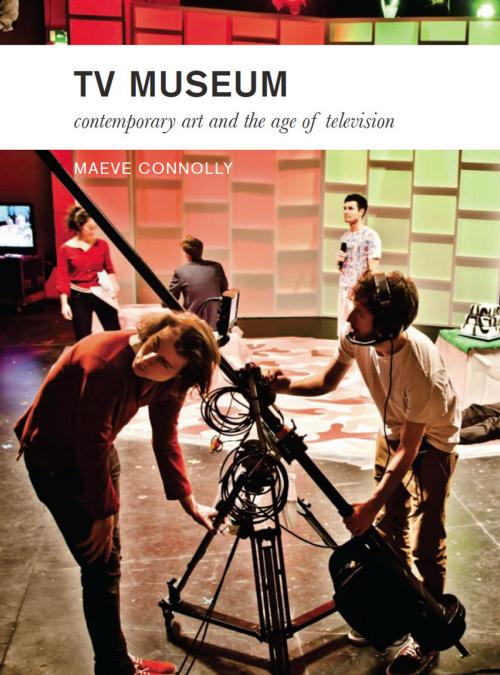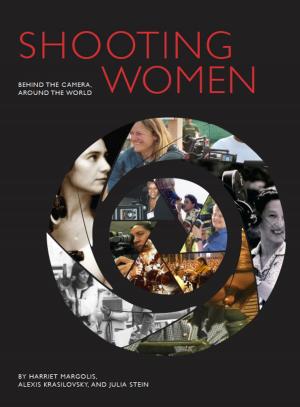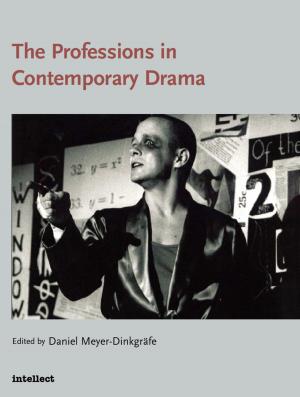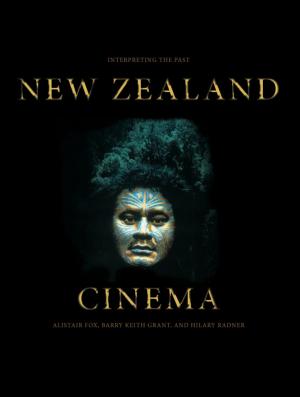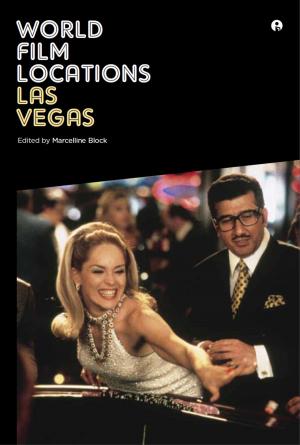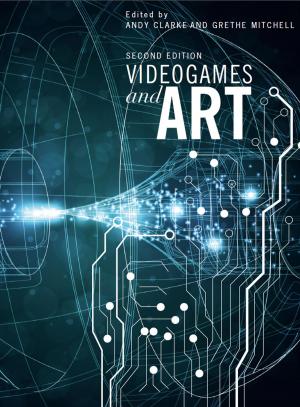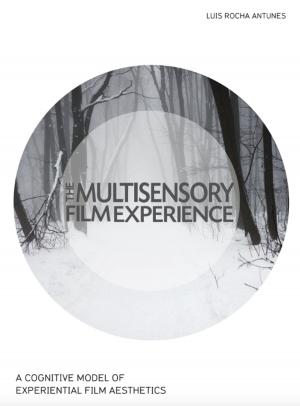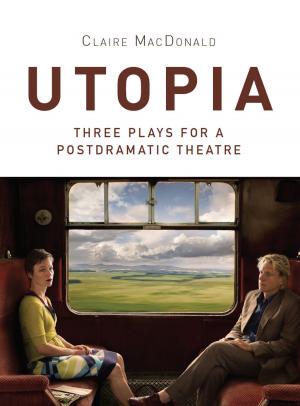TV Museum
Contemporary Art and the Age of Television
Nonfiction, Science & Nature, Technology, Power Resources, Entertainment, Performing Arts, Television| Author: | Maeve Connolly | ISBN: | 9781783202454 |
| Publisher: | Intellect Books Ltd | Publication: | March 1, 2014 |
| Imprint: | Intellect | Language: | English |
| Author: | Maeve Connolly |
| ISBN: | 9781783202454 |
| Publisher: | Intellect Books Ltd |
| Publication: | March 1, 2014 |
| Imprint: | Intellect |
| Language: | English |
TV Museum takes as its subject the complex and shifting relationship between television and contemporary art. Informed by theories and histories of art and media since the 1950s, this book charts the changing status of television as cultural form, object of critique, and site of artistic invention. Through close readings of artworks, exhibitions, and institutional practices in diverse cultural and political contexts, Connolly demonstrates television’s continued importance for contemporary artists and curators seeking to question the formation and future of the public sphere. Paying particular attention to developments since the early 2000s, TV Museumincludes chapters on exhibiting television as object; soaps, sitcoms, and symbolic value in art and television; reality TV and the social turn in art; TV archives, memory, and media events; broadcasting and the public realm; TV talk shows and curatorial practice; art workers and TV production cultures.
TV Museum takes as its subject the complex and shifting relationship between television and contemporary art. Informed by theories and histories of art and media since the 1950s, this book charts the changing status of television as cultural form, object of critique, and site of artistic invention. Through close readings of artworks, exhibitions, and institutional practices in diverse cultural and political contexts, Connolly demonstrates television’s continued importance for contemporary artists and curators seeking to question the formation and future of the public sphere. Paying particular attention to developments since the early 2000s, TV Museumincludes chapters on exhibiting television as object; soaps, sitcoms, and symbolic value in art and television; reality TV and the social turn in art; TV archives, memory, and media events; broadcasting and the public realm; TV talk shows and curatorial practice; art workers and TV production cultures.
